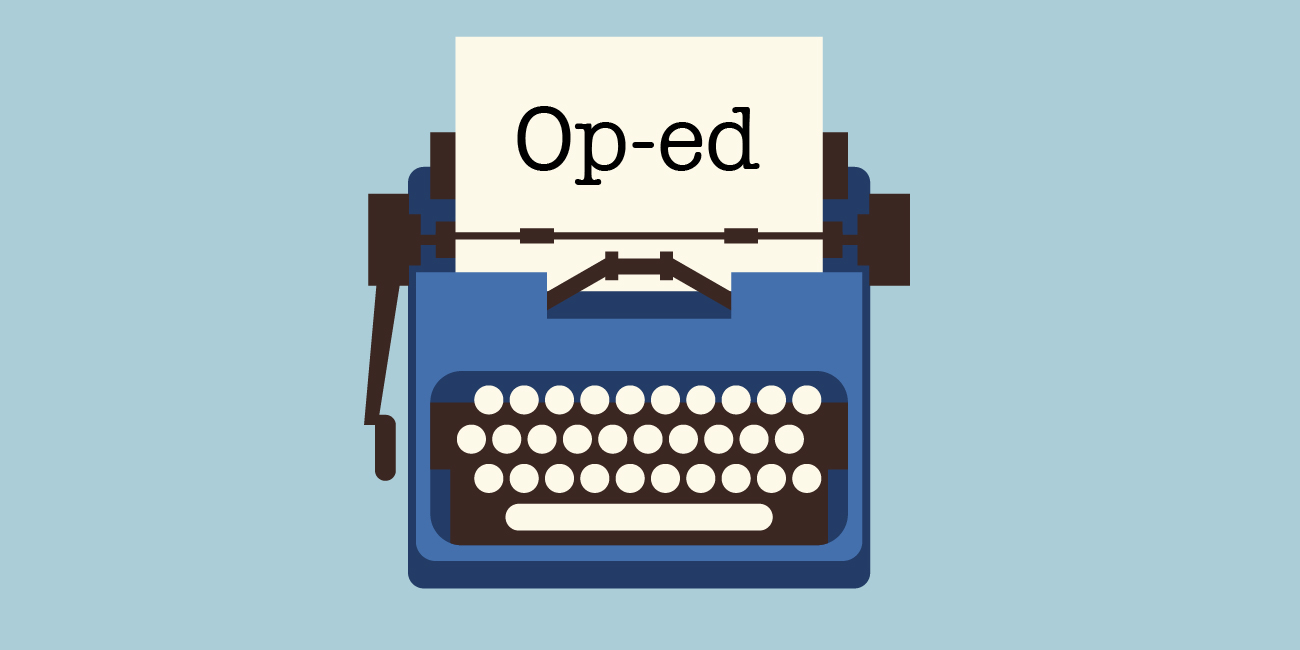

Kevin Frazier
When you’re stuck in the wilderness, Bear Grylls wouldn’t suggest you prioritize searching for Wi-Fi. Instead, survival experts would likely tell you to focus on Maslow’s hierarchy of needs. In other words, you should be trying to address physiological needs before you start thinking about self-actualization. There’s also a hierarchy of democratic needs, but it’s been forgotten by modern advocates for a more participatory and responsive democracy.
Before explaining further, I should make clear that I wholly support efforts to improve our democracy through thoughtful changes, such as open primaries and campaign finance reform. I applaud and encourage those individuals and organizations working on such causes. But I’m increasingly concerned that we’re putting Wi-Fi before water. More specifically, I’m concerned about the 48 million adults (or 23%) who struggle to read and the 70 million people (or about 20%) who live in or may soon live in a news desert. Absent addressing literacy and access to “hard” news – the first two levels of the hierarchy of democratic needs – electoral reforms will not be as impactful as intended.
Let’s start with literacy and why it’s the first step toward democratic actualization. In a democracy, the people are the “depository of the ultimate powers of the society,” according to Thomas Jefferson. “If we think them not enlightened enough to exercise their control with wholesome discretion,” he continued, “the remedy is not to take it from them, but to inform their discretion by education.”
Jefferson wasn’t alone in tying education and, by extension, literacy to the capacity of “we, the people” to fulfill our democratic responsibilities. According to historian Alan Talor, the Founders viewed education as “a collective, social benefit essential for free government to endure.”
In short, democratic governance places power in the people, but to fully exercise that power individuals must have the requisite skills and knowledge. The alternative – failing to empower individuals to make informed choices about how to wield their power – is akin to giving someone a tennis racket without telling them the rules of the game and teaching them how to serve.
How to exercise that discretion is also contingent on knowing what choices are available – that’s where access to “hard” news comes in. Hard news conveys information important to citizens’ ability to vote, evaluate policies, and identify issues in their communities. The Founders addressed this democratic need by creating an expansive postal system and subsidizing the production and dissemination of newspapers that contained more hard news than advertisements.
Today, in contrast, nearly a fifth of Americans live in a news desert, “a community, either rural or urban, with limited access to the sort of credible and comprehensive news and information that feeds democracy at the grassroots level.” To make matters worse, the creation and spread of AI-generated content has the potential to pollute our information ecosystem – making it harder to find democratically salient information. That’s why I’ve called for a “right to reality ” that requires subsidies for local and reliable news institutions. This financial boost would make quality journalism more available in every part of the country and, as a result, would dilute the effect of content meant to distract rather than inform.
How best to fully address these needs is a topic for another article. The key takeaway for now is that literacy and access to hard news must be at the top of our reform agenda because they’re at the foundation of the hierarchy of democratic needs. The sooner we focus our resources and attention on these foundational issues, the sooner we can build larger and more inclusive coalitions and movements.
24World Media does not take any responsibility of the information you see on this page. The content this page contains is from independent third-party content provider. If you have any concerns regarding the content, please free to write us here: contact@24worldmedia.com

Common Mistakes When Using Athletic Field Tarps

High-Performance Diesel Truck Upgrades You Should Consider

Warehouse Optimization Tips To Improve Performance

Fire Hazards in Daily Life: The Most Common Ignition Sources

Yellowstone’s Wolves: A Debate Over Their Role in the Park’s Ecosystem

Earth Day 2024: A Look at 3 Places Adapting Quickly to Fight Climate Change

Millions of Girls in Africa Will Miss HPV Shots After Merck Production Problem

This Lava Tube in Saudi Arabia Has Been a Human Refuge for 7,000 Years

Four Wild Ways to Save the Koala (That Just Might Work)

National Academy Asks Court to Strip Sackler Name From Endowment

Ways Industrial Copper Helps Energy Production

The Ins and Out of Industrial Conveyor Belts